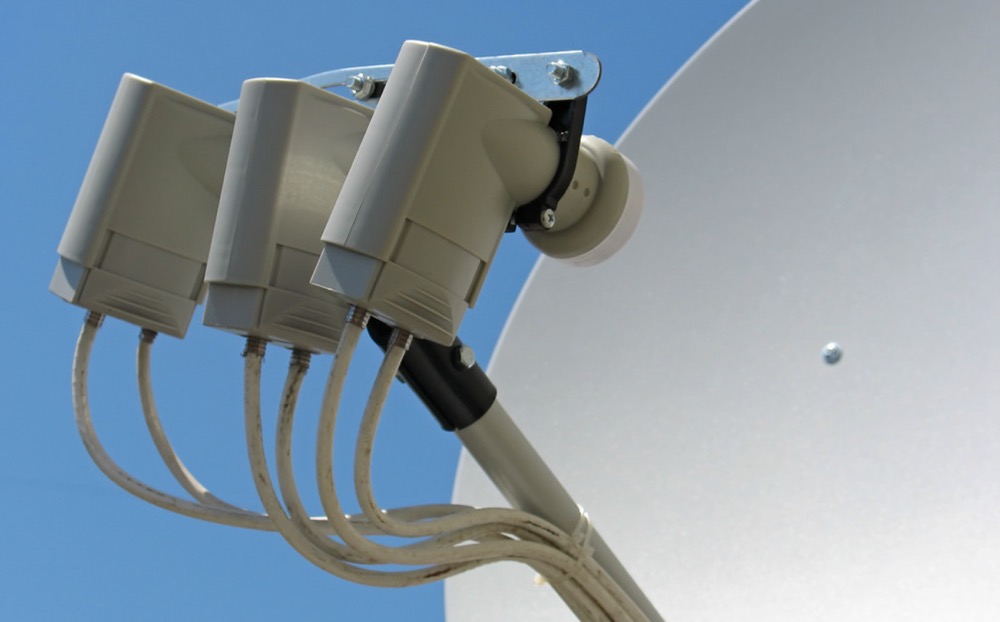Have you installed a TV antenna and wonder why it's not working? In 2009, the US switched all broadcasts to digital signals , so if you have an analog antenna, you won't get any channels. This minHour will teach you how to fix issues that cause your antenna not to pick up channels.
Steps
Your external antenna (if you have one) may have fallen or shifted.
Since even a slight change in position or angle can have a big impact on your reception, make sure your external antenna (if you have any) has not been re-oriented by wind, rain, or storms.
Your antenna may not be high enough.
If things like trees, hills, or buildings are between you and the broadcasting tower, then the signal might be interrupted and unable to reach your antenna, which would cause you not to see any stations.
Your flat (indoor) antenna could be in a bad location.
Certain areas like skylights or on outside-facing walls seem to be the best places to put these antennae so they aren’t covered up with dust or blocked by knickknacks.
- You can also use the FCC’s website (https://www.fcc.gov/media/engineering/dtvmaps) to figure out which direction to point your antenna.
There may have too many splitters.
If you have a splitter or multiple connections to your antenna cable, you could be weakening the signal too much. Disconnect the splitter and run the cable directly to your TV or converter box.
Your TV’s digital tuner could be broken, faulty, or going bad.
This is a little more uncommon, but your TV’s digital tuner could be faulty, even if it’s new. Try using your antenna with another TV; if it works on that TV, then your other TV’s digital tuner is probably broken.
The station’s frequency may have changed.
Go to https://www.fcc.gov/media/engineering/dtvmaps and enter your address to find the stations broadcasting near you. Click the station’s callsign (like WJKT or WBBJ-TV) and more information will expand down to reveal the station’s RF channel and repacked channel (if there is one).
- Older TVs (like the 2008 Sony Bravia) need to tune to the station’s RF channel while newer TVs will get the signal when you tune to the repacked channel.
- TV stations move locations, channels, and sometimes change their transmitter power, so it’s a good idea to re-scan every once in a while.
The station’s transmitter tower might be using lower power.
Sometimes a station might use lower power while they upgrade their equipment. Go to https://www.fcc.gov/media/television/tv-query and enter the station’s callsign (call letters, like “WJKT”) and hit the or key on your keyboard.
- If you see “Special Temporary Authority” in red, the station is temporarily operating at reduced power.
The amplifier on your antenna may be faulty.
A bad amplifier can cause choppy or glitchy reception on your TV. Try removing the amplifier from your antenna and use the antenna directly with your TV without the amplifier. If you get better reception, then you know your amplifier is bad.
- You’ll know your antenna uses an amplifier if it requires power. If it doesn’t, your antenna does not have an amplifier.
Your cables may be loose.
If you have loose cables, you’ll most likely get no signal or a spotty signal. So make sure your connections are tight at your TV and your antenna.
- While you’re checking your connections, also take a look at your cables to make sure they aren’t bent, looped, or otherwise broken.
